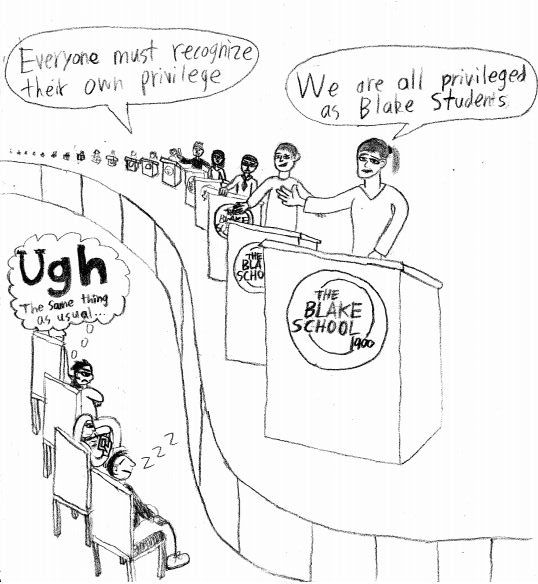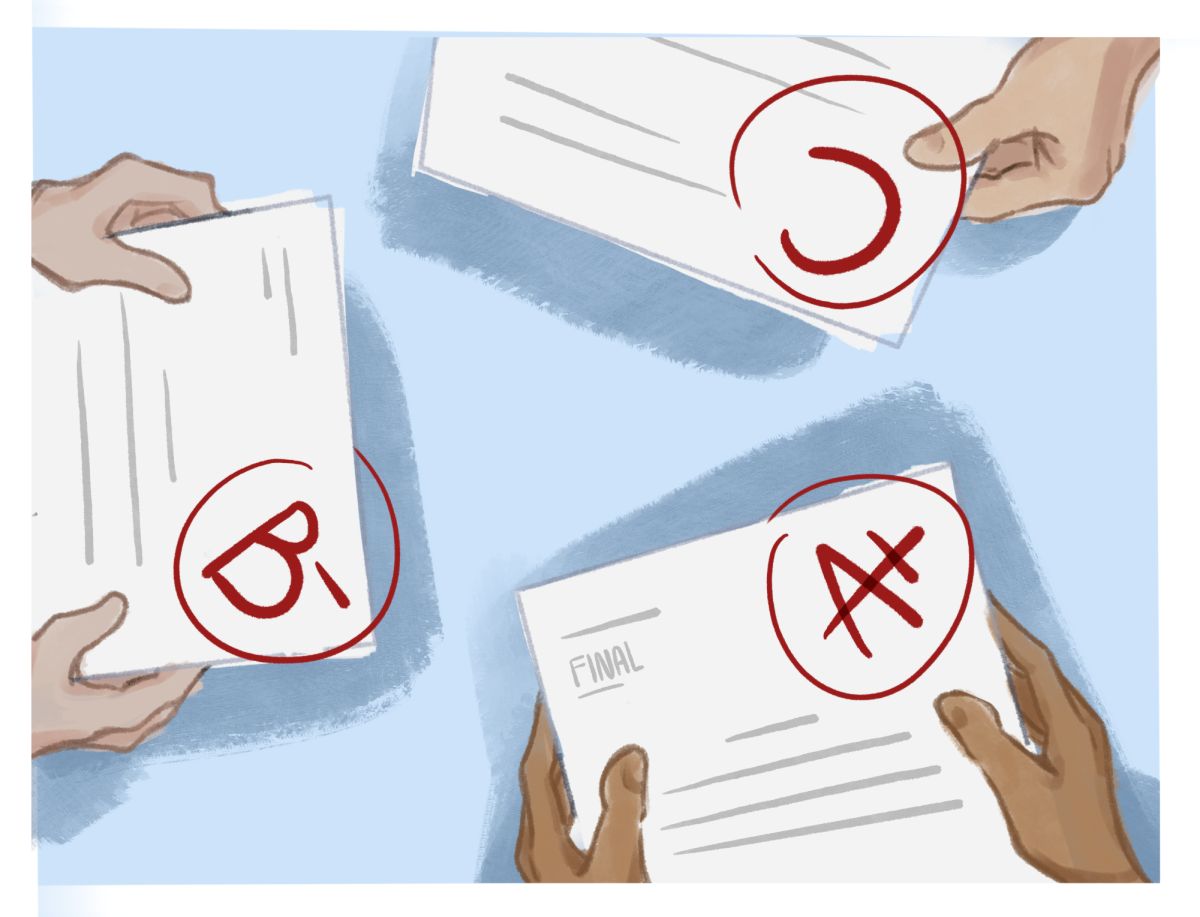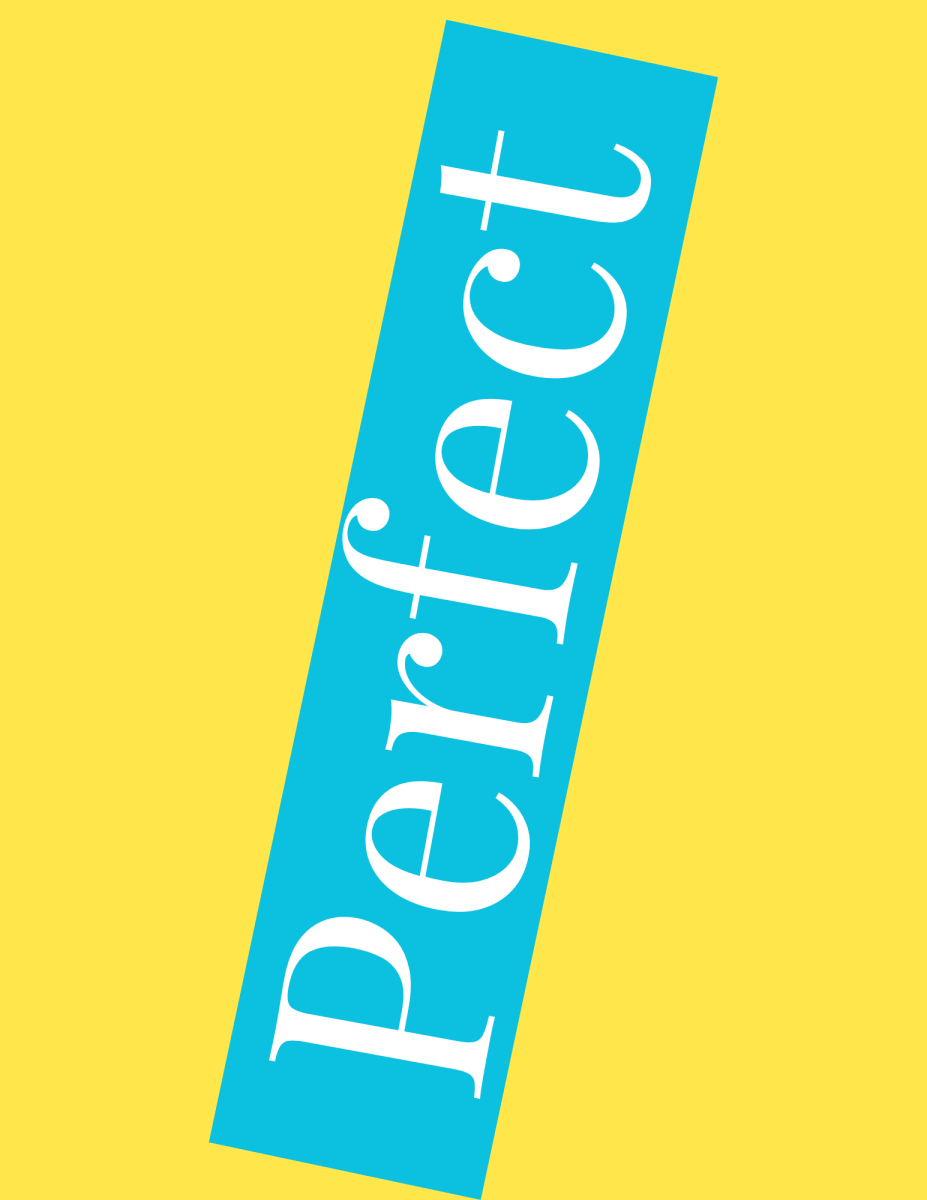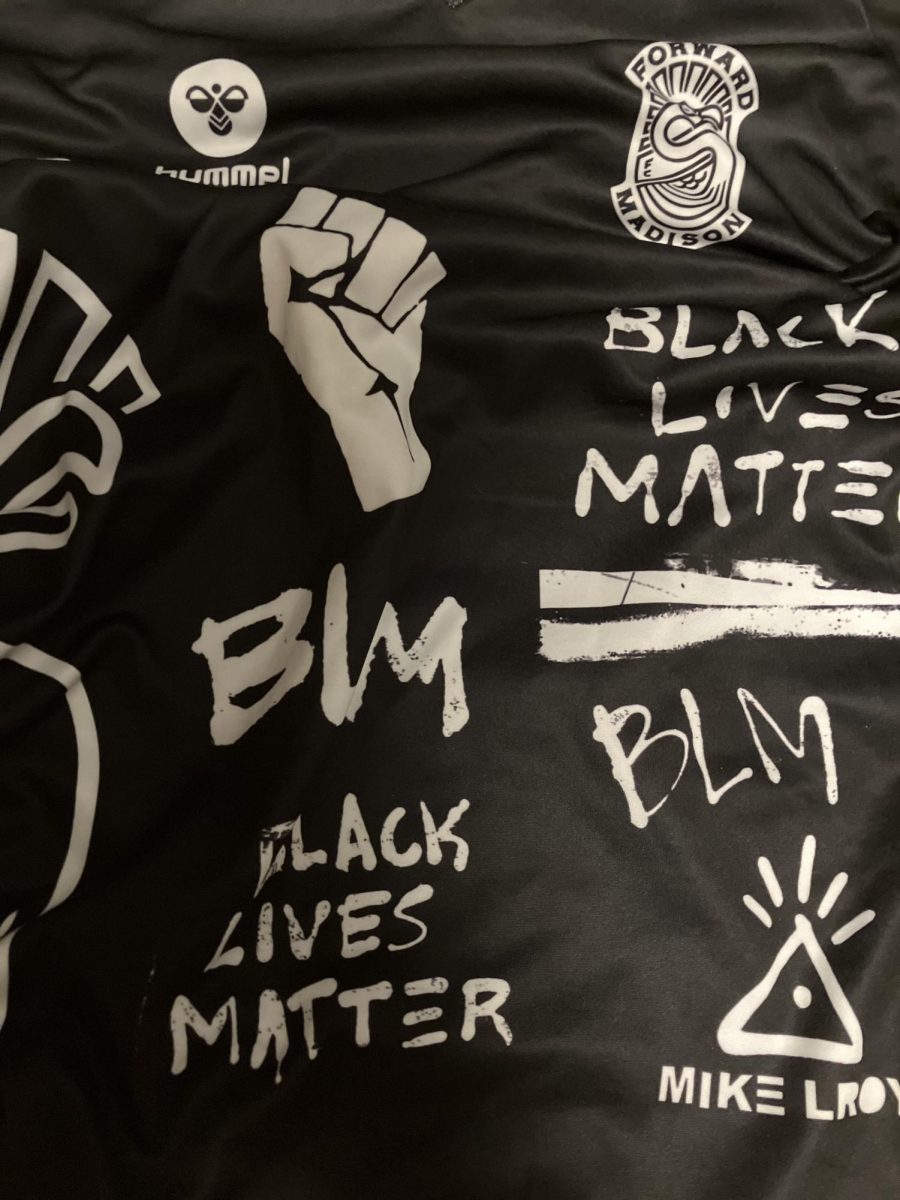
Why is Blake so hung up on senior speeches that are about privilege? We hear the same thing unfold over and over again, and it has become repetitive and unnecessary. Why can’t people just get over it? No, I don’t mean that the speeches are unwarranted and quibbling. I mean that Blake’s persistent negative response to the privilege speeches are.
Every senior speech should be respected and listened to. The speeches provide students with a single chance to share something important to them with the Blake student body, and that opportunity should not be wasted. Often times privilege speeches are considered “overdone” and elicit a “ugh, here we go again” reaction from the audience, which diminishes the speech’s value and disrespects the speaker themselves. Sadie Druskin ‘17 agrees, stating, “It’s ridiculous how a person can go onstage and talk about how they have had real problems at our school and in the world and [their peers] will think they’re being too needy and shame them.” In addition to spreading negativity, the eyeroll-mentality that many Blake students have towards speeches about privilege inhibits them from actually listening and getting a chance to absorb the speech’s message.
Keeping a narrow perspective towards privilege speeches also contributes directly to oppression itself. Many people view topics such as racism and sexism as one-dimensional issues of the past. Assuming that racism ended when slavery was abolished and that women haven’t faced discrimination since they won the vote is to remain ignorant of the struggles that minority groups face every day, and allow oppressive structures to remain in place. “I think that the common perception that these speeches are ‘over-done’ or repetitive is because for years our country’s conversations surrounding privilege–like race–have been crafted in ways that make these real issues seem as if they’ve already been fought for and won on the side of the oppressed,” says Cameron Downey ‘17. Just because America may be evolving to allow more opportunities for one minority group does not mean that the activism for that group’s rights is no longer necessary. Oppression is also an intersectional problem: for example, trans women of color face the hardships of being female, trans, and non-white all at the same time. Each senior speech and speaker has a unique story, and they approach the topic of privilege in a different way. When these speeches are labeled stereotypical “privilege speeches” their own unique complexity is taken away.
There is no clear and complete one-step solution to bettering Blake’s reaction to privilege speeches, but the most important step should be starting to give attention and respect to the speaker, no matter how their beliefs are different from yours. Illuminating the voices that are often ignored by society and treating these voices with the equal respect they deserve is exactly what senior speeches allow Blake to do. They provide a slight glimpse into the lives and the struggles of other people; do not tune out another person’s truth. As Kelly Bendahl ‘15, a senior who gave a speech about privilege, says, “I think that speeches in which students chose to grapple with and discuss their own privilege are incredibly important, as it is virtually impossible to have productive discussions about oppression without understanding that people in this school have different positions in society based on the privilege associated with their identities.” And when having conversations about the speeches later, remember that our right to free speech does not mean that hateful and oppressive statements should be excused and left unchallenged. Realize that all people have some form of privilege and that controversy can lead to growth if conducted with an open mind.





